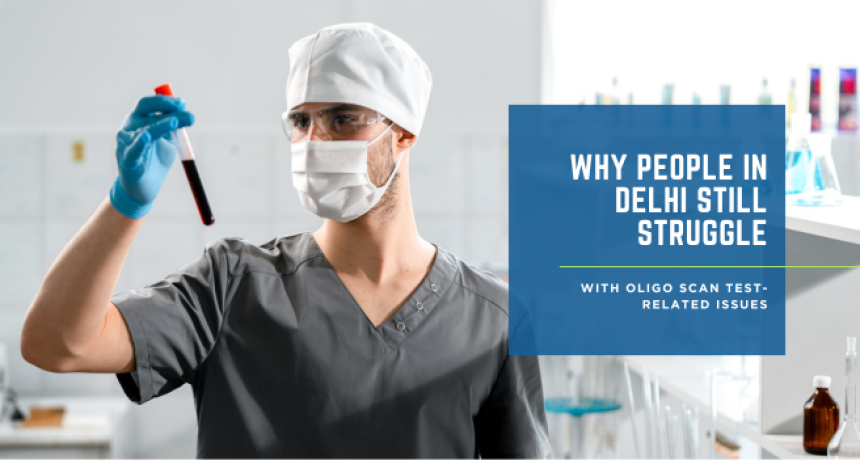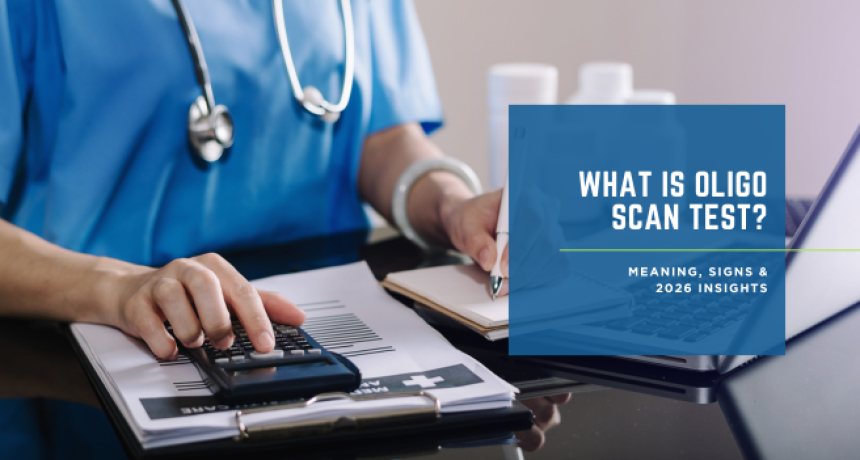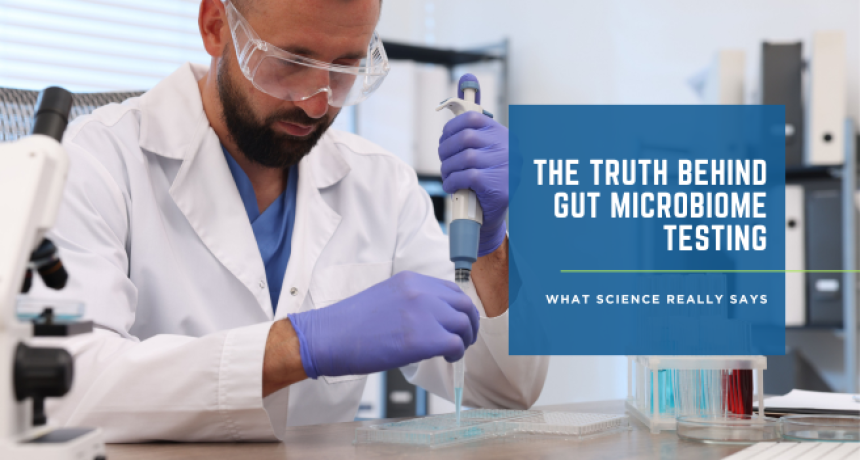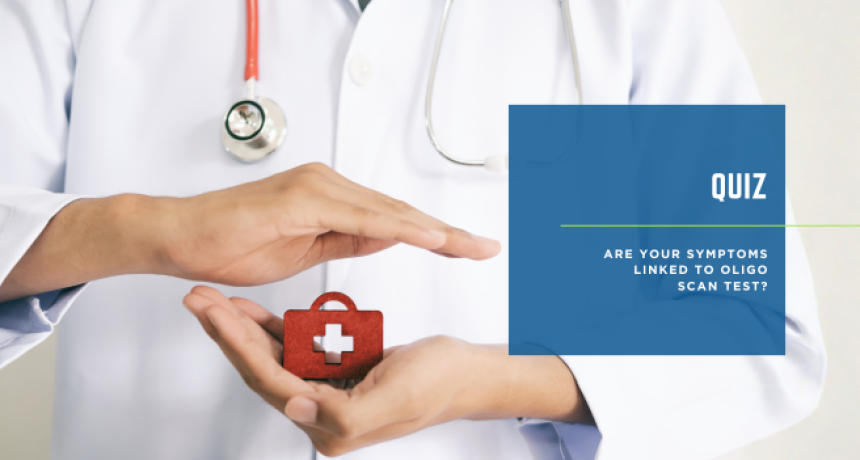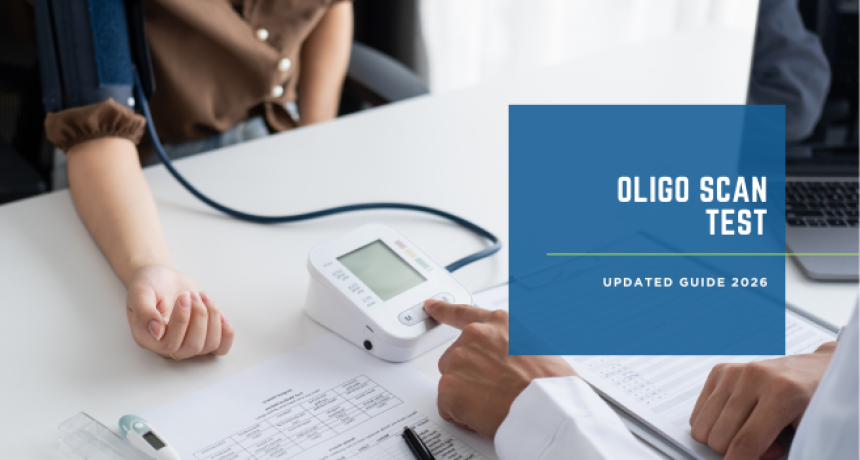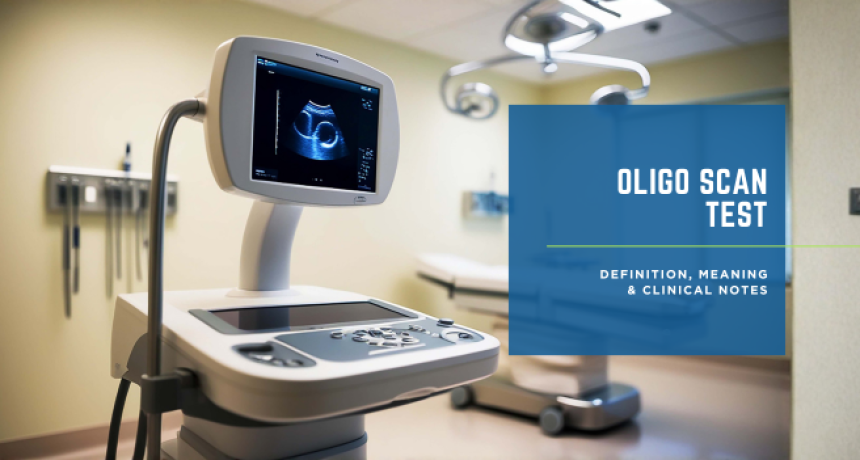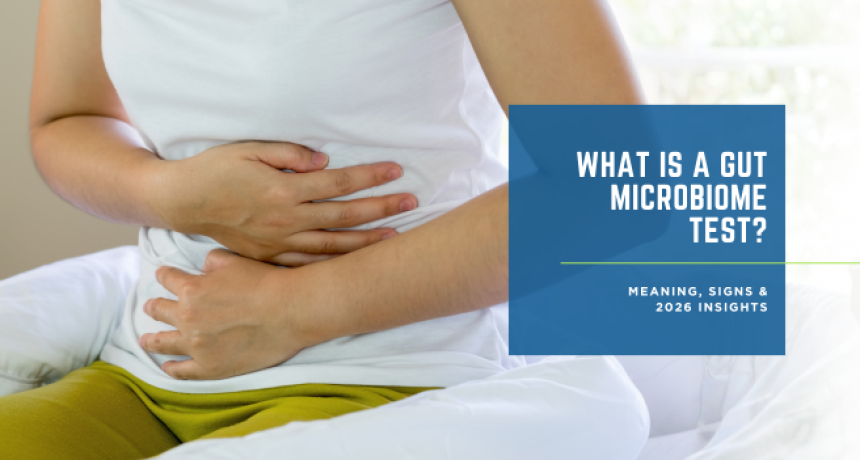PCOS Reversed: Symptoms, Causes, and Treatment Options
2024-04-22 Polycystic Ovary Syndrome (PCOS) is a hormonal disorder that affects an estimated 1 in 10 women of reproductive age globally. If you're one of the countless women grappling with irregular periods, excess hair growth, acne, weight struggles, and fertility issues, you know firsthand the challenges PCOS presents. So, is PCOS reversible? The short answer: PCOS is not completely reversible or “curable,” but it is highly manageable. With the right combination of lifestyle changes, medical treatments, and supportive care, many women can control symptoms, restore hormonal balance, and even improve fertility [NIH; Mayo Clinic]. But what if we told you that this seemingly overwhelming condition might not be as permanent as it seems? Recent research is shedding light on the possibility of reversing or significantly improving PCOS symptoms through a holistic approach. In this comprehensive guide, we'll dive deep into the latest findings, exploring: The root causes of PCOS, from genetic predispositions to lifestyle factors like obesity and poor diet. Groundbreaking studies that have uncovered promising strategies for managing PCOS, including lifestyle modifications, targeted medications, and complementary therapies. The cutting-edge treatments on the horizon, from insulin-sensitizing drugs to fertility-boosting supplements like inositol. Holistic solutions that combine diet, exercise, stress management, and alternative therapies like acupuncture for a multifaceted approach. Real-life success stories of women who have regained control over their bodies and improved their PCOS symptoms. Are you ready to take charge of your health, explore can you reverse PCOS, and embrace a future where it doesn't define you?Join us on this empowering journey as we unravel the mysteries of PCOS reversal care in delhi and explore the possibilities that lie ahead. PCOS is a multifaceted condition with a diverse array of symptoms, including: - Irregular or absent menstrual cycles - Excessive hair growth (hirsutism) on the face, chest, or back - Acne or oily skin - Weight gain or difficulty losing weight - Thinning hair or male-pattern baldness - Infertility or difficulty conceiving Many women wonder, Can PCOS hair loss be reversed? With proper treatment and nutritional support, hair loss due to PCOS can often be slowed or reversed.
These symptoms can vary in severity and presentation, making PCOS a challenging condition to diagnose and manage. Symptoms vary greatly between women—some experience only irregular cycles, while others may face both metabolic (insulin resistance, weight gain) and reproductive (infertility) challenges. The exact cause of PCOS remains elusive, but research suggests a complex interplay of various factors: - Insulin resistance: Studies show that up to 70% of women with PCOS have insulin resistance, which can lead to elevated levels of insulin and androgens. - Hormonal imbalance: PCOS is characterized by an imbalance of reproductive hormones, including estrogen, progesterone, and androgens, particularly elevated levels of testosterone. - Genetic predisposition: PCOS tends to run in families, indicating a strong genetic component. - Environmental factors: Obesity, sedentary lifestyle, and poor dietary habits may contribute to the development and exacerbation of PCOS symptoms. Research suggests PCOS is influenced by both genetic and environmental factors. While you can’t change your genes, lifestyle choices can significantly alter how PCOS affects you [Endocrine Society]. While PCOS is a chronic condition, which means it is not technically reversible in the sense of a permanent cure, its symptoms can be reversed or minimized and often significantly improved through a comprehensive treatment approach. The primary goals of PCOS treatment include: 1. Lifestyle Modifications: - Weight loss through a balanced, nutrient-rich diet and regular exercise - Stress management techniques like yoga, meditation, and mindfulness practices
Following a planned PCOS reversal diet that includes whole foods, low-glycemic carbohydrates can have a deep impact on symptoms.
2. Pharmacological Interventions: - Oral contraceptives to regulate menstrual cycles and reduce androgen levels - Insulin-sensitizing drugs (metformin) to improve insulin sensitivity - Anti-androgen medications to block the effects of excessive male hormones 3. Fertility Treatments (if desired): - Ovulation-inducing medications like clomiphene or letrozole - In vitro fertilization (IVF) or other assisted reproductive technologies 4. Complementary Therapies: - Herbal supplements like inositol's and N-acetyl cysteine (NAC) - Acupuncture to regulate hormonal imbalances and improve ovulation This is why ongoing management and not just short-term symptom control is essential. Regular monitoring by a gynecologist or endocrinologist is recommended. While PCOS is a chronic condition, recent research has shed light on promising strategies for reversing or significantly improving its symptoms: - A study published in the Journal of Clinical Endocrinology & Metabolism found that a combination of lifestyle modifications (diet, exercise, and weight loss) and insulin-sensitizing medication (metformin) led to significant improvements in hormonal imbalances, menstrual regularity, and fertility in women with PCOS. - Researchers at the University of Pennsylvania discovered that inositol supplements, particularly myo-inositol and D-chiro-inositol, can help regulate insulin sensitivity and improve ovulation rates in women with PCOS. - A systematic review published in the Journal of Ovarian Research highlighted the potential benefits of acupuncture in improving menstrual regularity, ovulation, and pregnancy rates in women with PCOS. So, can PCOS be reversed? The answer depends on how we define reversal. While PCOS may not have a definitive cure, a holistic approach combining lifestyle modifications, targeted medications, and complementary therapies can significantly improve symptoms and quality of life for many women. Working closely with a healthcare provider specializing in PCOS is crucial for developing an individualized treatment plan and monitoring progress. By understanding the complexities of PCOS, embracing a multifaceted approach, and staying informed about the latest research developments, women with PCOS can regain control over their bodies and navigate the journey towards improved health and well-being. PCOS is an intricate condition that requires a comprehensive and personalized approach to manage its symptoms effectively. While a complete reversal may not be achievable but it is highly manageable, the latest research offers hope for significant improvements through a combination of lifestyle modifications, targeted medications, and complementary therapies. By working closely with healthcare professionals and staying informed about the latest developments, women with PCOS can embark on a path towards hormonal balance, improved fertility, and overall well-being. At L&B Clinics, we understand the unique challenges faced by women with PCOS, and we are committed to providing personalized, holistic care to help you manage your symptoms and improve your overall well-being. Our team of experienced healthcare professionals will work closely with you to develop a customized treatment plan tailored to your specific needs. At L&B Clinics, we specialize in integrative PCOS care by combining medical expertise, nutrition counseling and lifestyle support for long-term management. Take the first step towards a healthier life by booking an appointment with us today. Email us at appointment@longevitybeyond.com or call us at 9289583005 to schedule your consultation.
Q1. Can PCOS go away with weight loss? Q2. Can PCOS be cured permanently? Q3. Can lifestyle alone reverse PCOS? Q4. Is PCOS always linked to infertility?Battling PCOS? You're Not Alone – 1 in 10 Women Share Your Struggle
The Enigma of PCOS: Decoding the Symptoms
Unravelling the Causes: A Multifactorial Puzzle
The Quest for Reversal: Exploring Treatment Options
The Cutting Edge: Latest Research on PCOS Reversal
The Path Forward: Embracing a Holistic Approach
A Note from L&B
FAQs on PCOS Reversibility
Weight loss can significantly improve symptoms and even restore ovulation, but PCOS does not “go away” completely.
Currently, there is no permanent cure. Treatments aim to manage symptoms and improve quality of life.
For some women, lifestyle changes alone may restore hormonal balance. Others may also need medication.
No. Many women with PCOS conceive naturally, while others may need fertility support.
.png)

